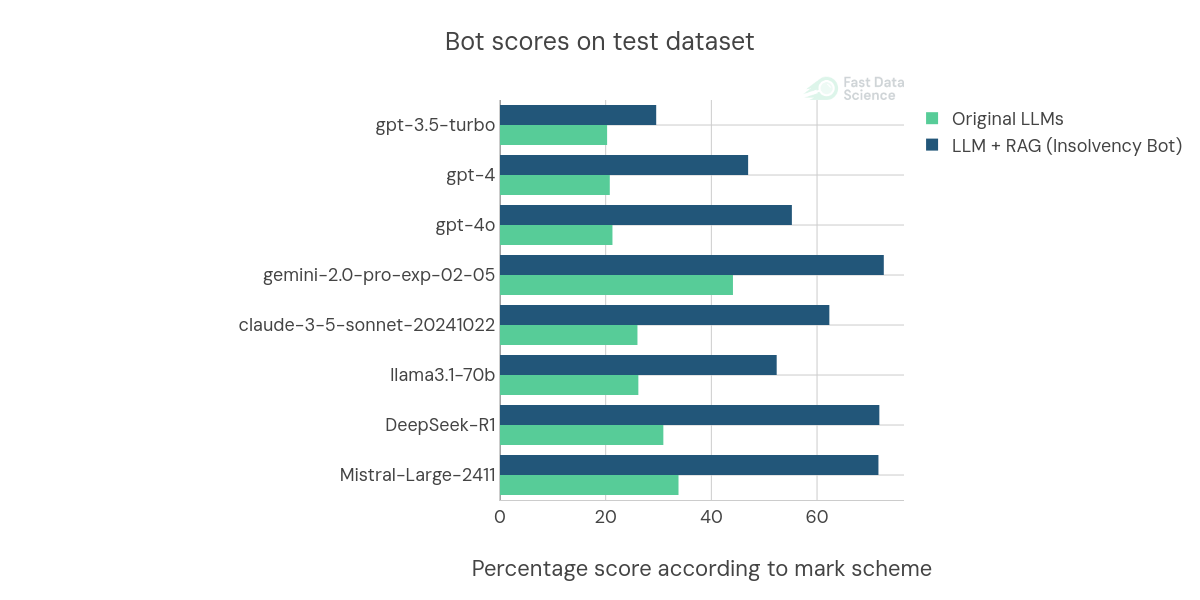
Guest post by Jay Dugad Artificial intelligence has become one of the most talked-about forces shaping modern healthcare. Machines detecting disease, systems predicting patient deterioration, and algorithms recommending personalised treatments all once sounded like science fiction but now sit inside hospitals, research labs, and GP practices across the world.

If you are developing an application that needs to interpret free-text medical notes, you might be interested in getting the best possible performance by using OpenAI, Gemini, Claude, or another large language model. But to do that, you would need to send sensitive data, such as personal healthcare data, into the third party LLM. Is this allowed?

When can lawyers, litigants in person, and expert witnesses use AI in court documents? In the last few years in the UK, the USA, Canada, Ireland and other jurisdictions, cases have been reported where submissions were made to a court where the author of a document used generative AI tools such as ChatGPT to create those documents. This has wasted court time, resulted in submissions being rejected or even resulted in changes to cost awards.

A person has recently returned from a camping trip and has a fever. Should a doctor diagnose flu or Lyme disease? Would this be any different if they had not mentioned their camping trip? Here’s how LLMs differ from human experts.

Fast Data Science will appear at Ireland’s Expert Witness Conference on 20 May 2026 in Dublin On 20 May 2026, La Touche Training is running the Expert Witness Conference 2026, at the Radisson Blu Hotel, Golden Lane, Dublin 8, Ireland. This is a full-day event combining practical workshops and interactive sessions, aimed at expert witnesses and legal professionals who want to enhance their expertise. The agenda covers critical topics like recent developments in case law, guidance on report writing, and techniques for handling cross-examination.

After this ruling, will tech companies move all model training to data centres that they consider “copyright safe”? Will we see a new equivalent of a “tax haven” for training AI models on copyrighted content? An “AI haven”? This article is not legal advice.

When you receive an email or document written by somebody it can be hard to work out if they use generative AI. There can be giveaways. For example, if that individual has written a document in a different style from their usual writing. Occasionally I have received messages with the prompts left in, such as “I really enjoyed working with you on [insert name of project]”. Around the world, students are finding themselves accused of using AI to write their dissertations, and finding themselves in quasi-legal proceedings in their university where it is impossible to prove conclusively whether generative AI was used to write a document.

Senior lawyers should stop using generative AI to prepare their legal arguments! Or should they? A High Court judge in the UK has told senior lawyers off for their use of ChatGPT, because it invents citations to cases and laws that don’t exist!

What is generative AI consulting? We have been taking on data science engagements for a number of years. Our main focus has always been textual data, so we have an arsenal of traditional natural language processing techniques to tackle any problem a client could throw at us.

Can AI handle legal questions yet? We have compared the capabilities of the older and newer large language models (LLMs) on English and Welsh insolvency law questions, as a continuation of the Insolvency Bot project.
What we can do for you